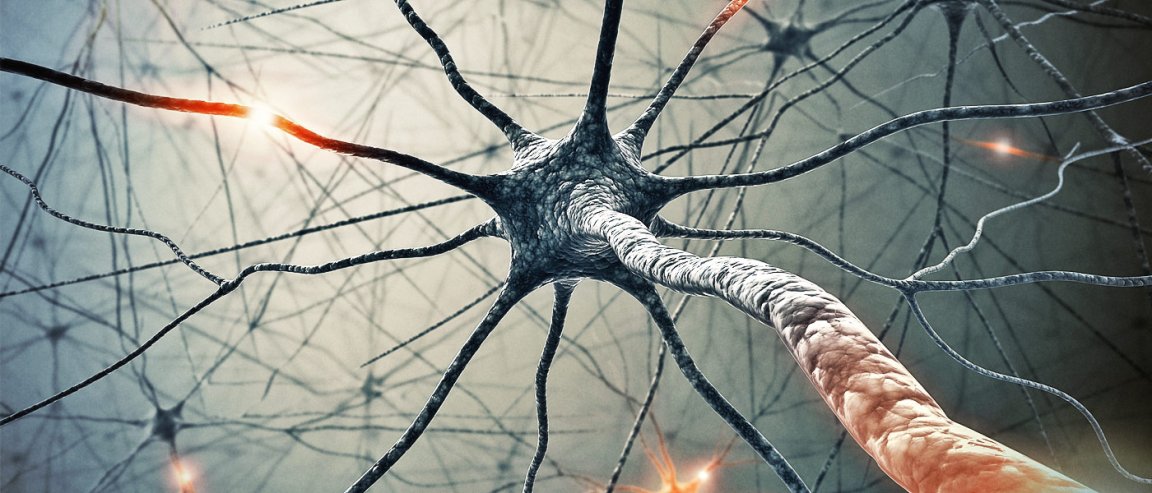
Remember. Remember
Scientists at the University of California, Los Angeles found a new treatment that could potentially reverse memory loss and cognitive impairment among patients with early Alzheimer’s disease.
In a small clinical trial, 10 individuals underwent a treatment called “metabolic enhancement for neurodegeneration,” or MEND. The treatment is based on 36 different factors, including changes in diet, exercise, and sleeping habits. It also includes the integration of certain drugs, vitamins, and brain stimulation therapy to a patient’s regular routine.
The 10 patients in the trial were subjected to these specific lifestyle changes and treatments over the course of five to 24 months.
Remarkably, results showed that the brain improvements were sustained, and some patients’ conditions improved so much they could return to work and even regain their ability to speak different languages. In some of the patients undergoing the treatment, an increase in brain matter volume was observed after just a few months.

“All of these patients had either well-defined mild cognitive impairment, subjective cognitive impairment, or had been diagnosed with Alzheimer’s disease before beginning the program,” says one of the team, Dale Bredesen. “Follow up testing showed some of the patients going from abnormal to normal.”
Researchers say this is the first study to objectively show that memory loss in patients can be reversed, and improvement sustained.
But is it the way to a “cure”?
Given that the effects of Alzheimer’s can be very different from patient to patient, it is difficult for researchers to go into much detail about how MEND works. The treatment for each patient involves a complex combination of factors that have been specifically designed to treat just one individual. So it is not easy to take this work and apply it en masse to the rest of individuals with this condition.
That said, the results are terribly inspiring.
The team says it has plans on embarking on a larger study using the MEND treatment soon. Since it is estimated that every 66 seconds someone in the United States develops Alzheimer’s, these developments are most welcome/.